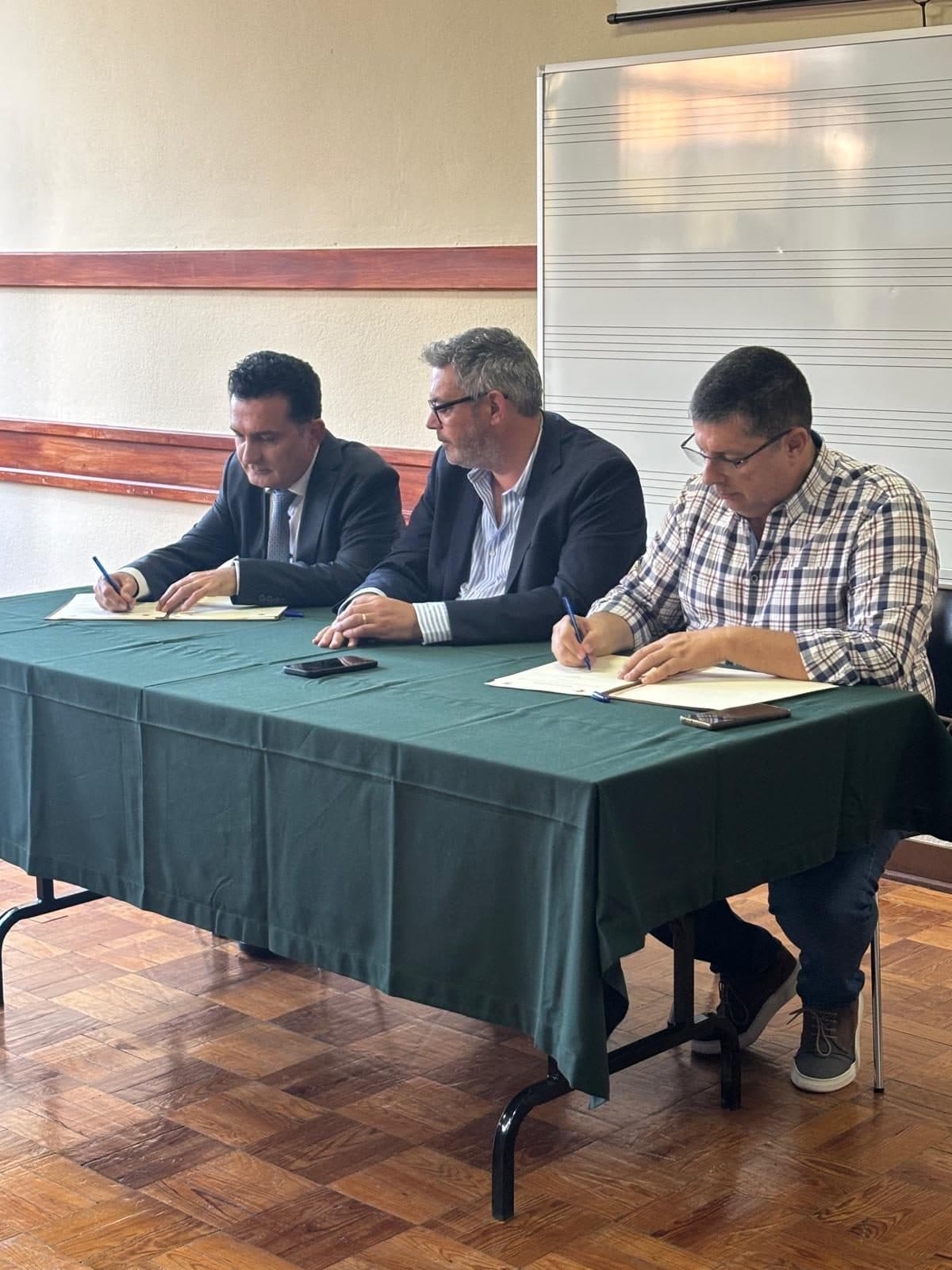Lisbon and Setúbal ports central to European maritime and renewable energy strategy
The strategic importance of the ports of Lisbon and Setúbal for the European Union's maritime development and energy transition was highlighted during an official visit to Portugal by Gesine Meissner, the European Coordinator for Maritime Affairs. The visit focused on large-scale infrastructure projects aimed at consolidating the ports as industrial clusters for the renewable energy and maritime sectors.
In Lisbon, Meissner met with Secretary of State for Infrastructure, Hugo Espírito Santo, and representatives from the Port of Lisbon Administration (APL) and the Ports of Setúbal and Sesimbra Administration (APSS). The discussions covered the Portuguese government's “Portos 5+” strategy, which aims to enhance digitalization, intermodality, and hinterland connections. The delegation reviewed modernization plans and technological projects currently underway at the Alcântara Terminal.
The meeting also included representatives from the European Maritime Safety Agency (EMSA), headquartered in Lisbon, to discuss the role of the ports in the broader context of European maritime security and short-sea shipping networks. According to a statement from the port authorities, the talks were productive and reinforced the alignment between Portuguese and EU objectives.
In Setúbal, the European Coordinator was presented with several ambitious, large-scale projects that are poised to significantly impact the region's industrial capacity. Key among these is the development of a future offshore wind terminal at the LISNAVE and ETERMAR industrial sites. This initiative is central to Portugal's strategy to become a key player in the production and export of renewable energy.
Further projects showcased included initiatives related to the production and supply of green fuels, the expansion of LNG (Liquefied Natural Gas) bunkering facilities, and the construction of a new intermodal platform to improve the efficiency of sea-to-road logistics. Meissner engaged directly with stakeholders from the Setúbal port community and visited the Roll-On Roll-Off Terminal to observe its operations firsthand.
Need Expert Guidance?
Get personalized insights from verified real estate professionals, lawyers, architects, and more.
A joint statement from the port administrations of Lisbon and Setúbal emphasized the long-term vision for these infrastructures. "Our objective is to consolidate our national ports as industrial clusters capable of strengthening the supply chains for renewable energy and the maritime-industrial sector," the statement read. This vision is considered by both Portuguese and EU officials as vital for enhancing the competitiveness and strategic autonomy of the European Union.
Secretary of State Hugo Espírito Santo remarked, "The investments being planned for Lisbon and Setúbal are not just for Portugal; they are a contribution to a more resilient and sustainable European economy. We are committed to developing world-class infrastructure that will support the green transition."
The projects are expected to attract significant private investment and generate substantial economic activity in the Lisbon Metropolitan Area. The development of an offshore wind supply chain, in particular, is anticipated to create specialized jobs and foster innovation in related industries. The consolidation of these ports as key logistical and industrial hubs is a core component of Portugal's national economic strategy for the coming decade.
Explore community-focused property opportunities at realestate-lisbon.com.






